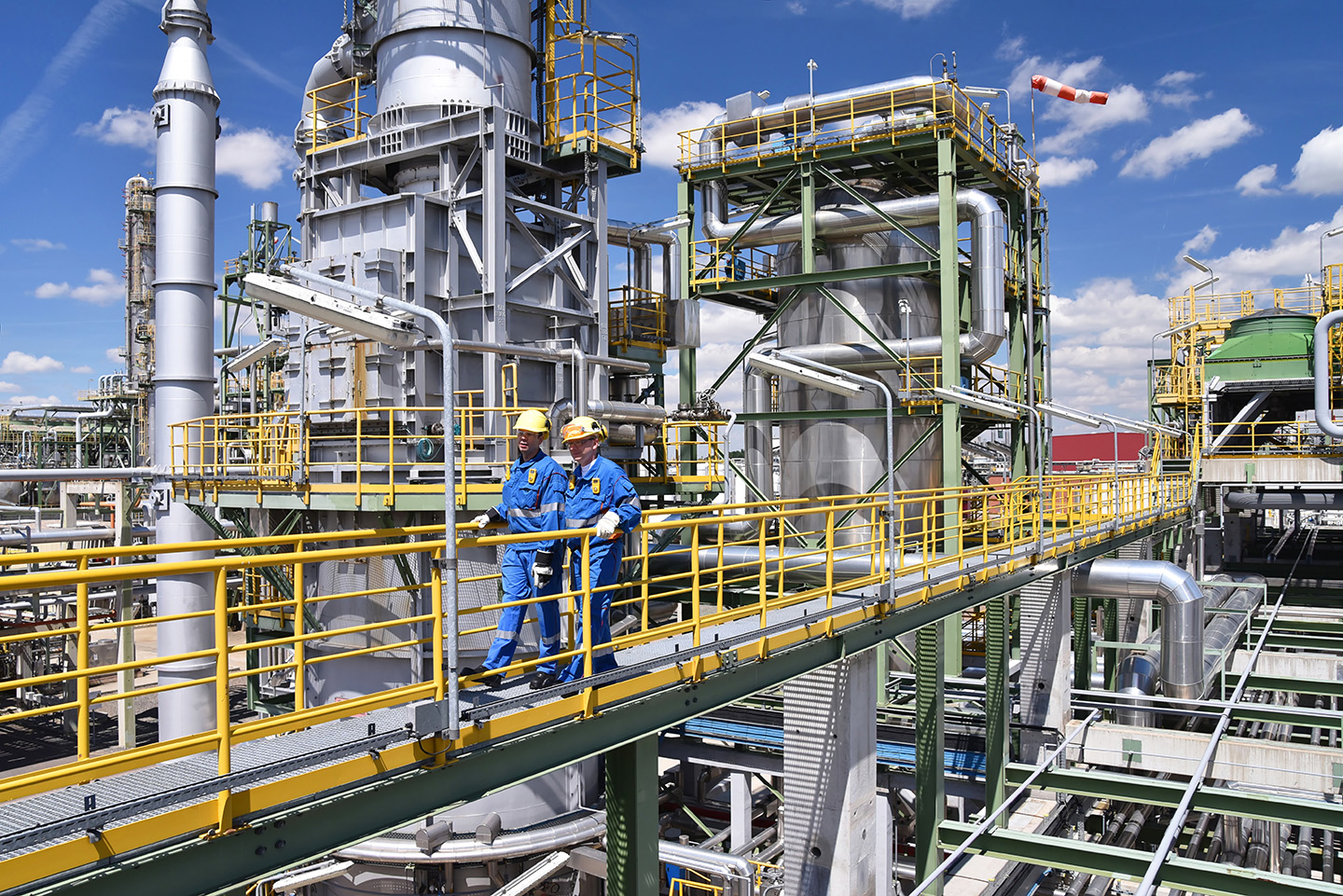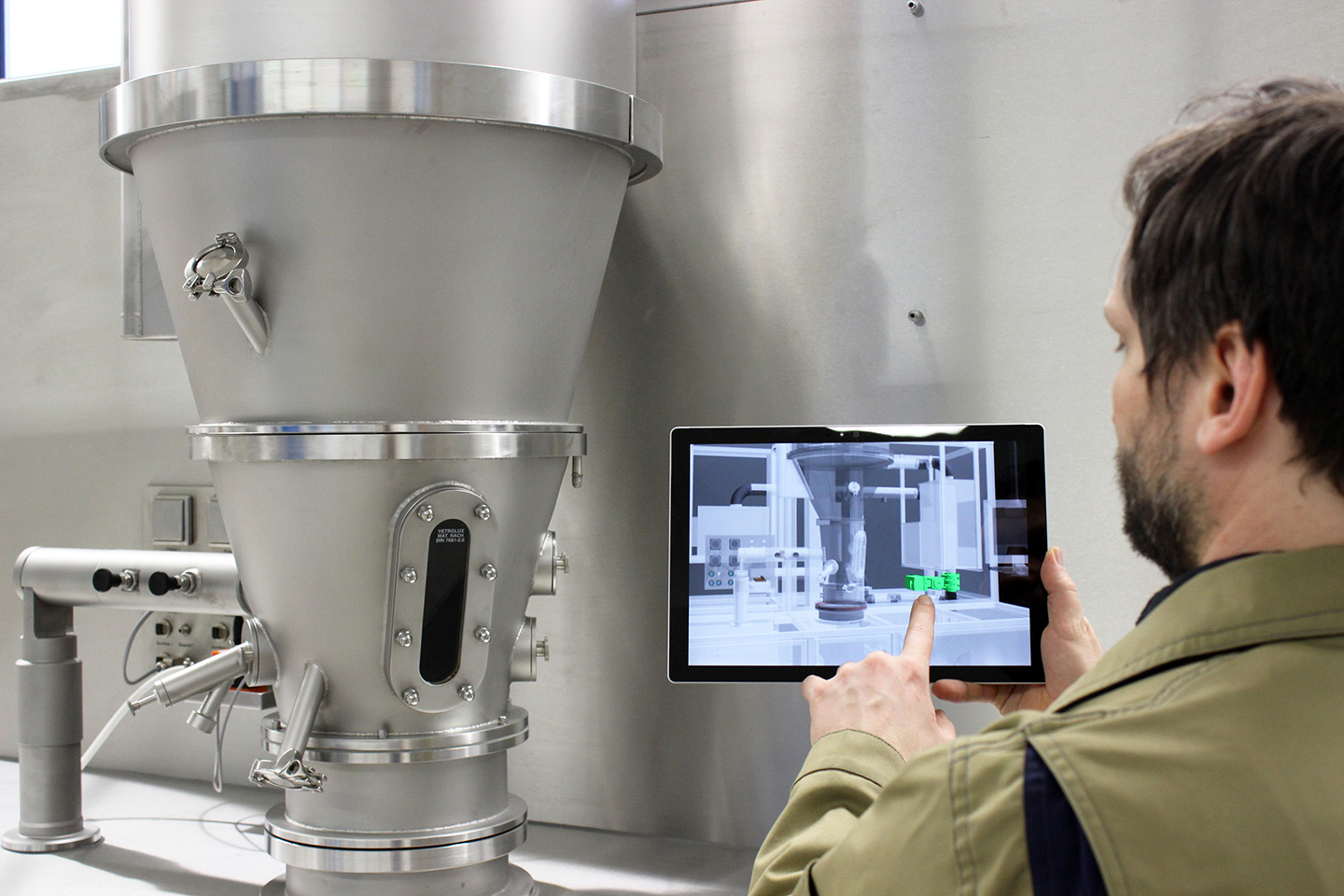In the technology field of process implementation, the focus is on the development and application of techniques that allow the new, green reaction and process technologies to be used in an overall process environment, providing the necessary physical and virtual interfaces, and enabling the necessary process control and automation. In particular the application of new technologies in chemical processes requires the objective analysis and evaluation of the target parameters 'greenness' and 'efficiency' - a specialization of Fraunhofer. For this purpose, so-called green metrics tools are developed and applied, ranging from life-cycle assessment (LCA) and system analysis through to toxicity assessments and aspects of the REACh regulation.

 Fraunhofer lighthouse project »ShaPID« – Shaping the Future of Green Chemistry by Process Intensification and Digitalization
Fraunhofer lighthouse project »ShaPID« – Shaping the Future of Green Chemistry by Process Intensification and Digitalization


